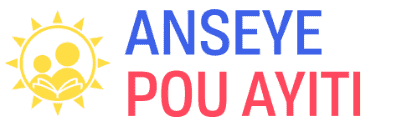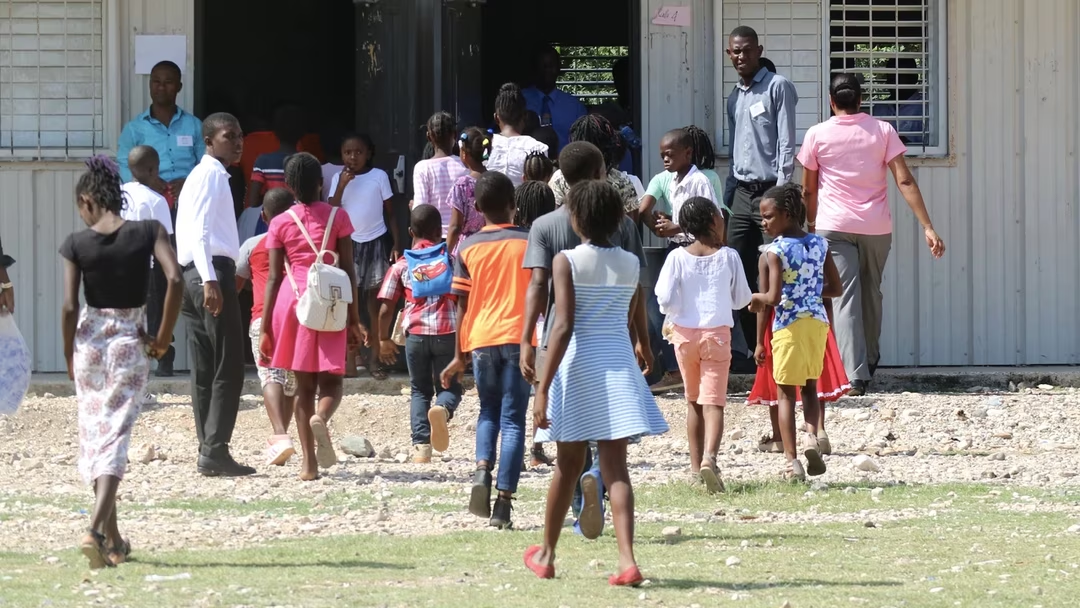We hear the phenomenon of restavèk every day in Haitian society, but do we know what a restavèk is? What harm does it cause our community? A restavèk is a child forced to leave their parents' home to live with someone who is sometimes a stranger. This child does all the housework in the house. Sometimes they also do other non-household chores, such as going to the market, going into the fields, etc.
As far as school is concerned, this is almost non-existent for a restavèk. My experience with a restavèk at a school in Mirebalais has helped me understand this phenomenon better. In one class, there was a learner who was also a restavèk. He arrived late to school almost every day. It would be almost impossible to find him at school on Wednesdays and Thursdays because these are the two days she goes to the market with the person responsible for her. Sometimes, he would come to school with scars on his body, and when the teacher asked him about the scars on his body, he said that his aunt had beaten him. The teacher asked him for the aunt's phone number who made these scars on his body, and she answered: "If you talk about it with my aunt, she'll beat me again." All of this helps me see and understand: "Restavèk children do not enjoy the same rights as all children in our society."
A child who is a restavèk is like a slave. The right to an adequate education is almost non-existent. The small number of people who are lucky enough to go to school do not get far. Many of them do not go to school at all. They do not reach the level they are supposed to get a proper education to be independent tomorrow. Then children often go to school in the afternoon. Once they get home after school, there is not much time to study. Waking up in the morning is even more challenging.
Many of these children do not reach beyond 6th year. Many of them drop out of school become vendors. As far as the girls are concerned, some get pregnant prematurely after being raped by people from their household. Some end up working becoming as maids, which is another form of slavery.
Recent research says, out of every 15 children, at least one is as restavèk. The International Convention on the Rights of the Child states that children under the age of 18 should not work, but for a restavèk, this right is not respected because these children do all kinds of work.
A child who is a restavèk has the right to have access to and enjoy quality education and be helpful to themselves, their families, their communes, and their country. But to be beneficial to the whole community, they need to get a good education, and this good education should not be considered a favor or a gift but a right of all children, especially the restavèk.

